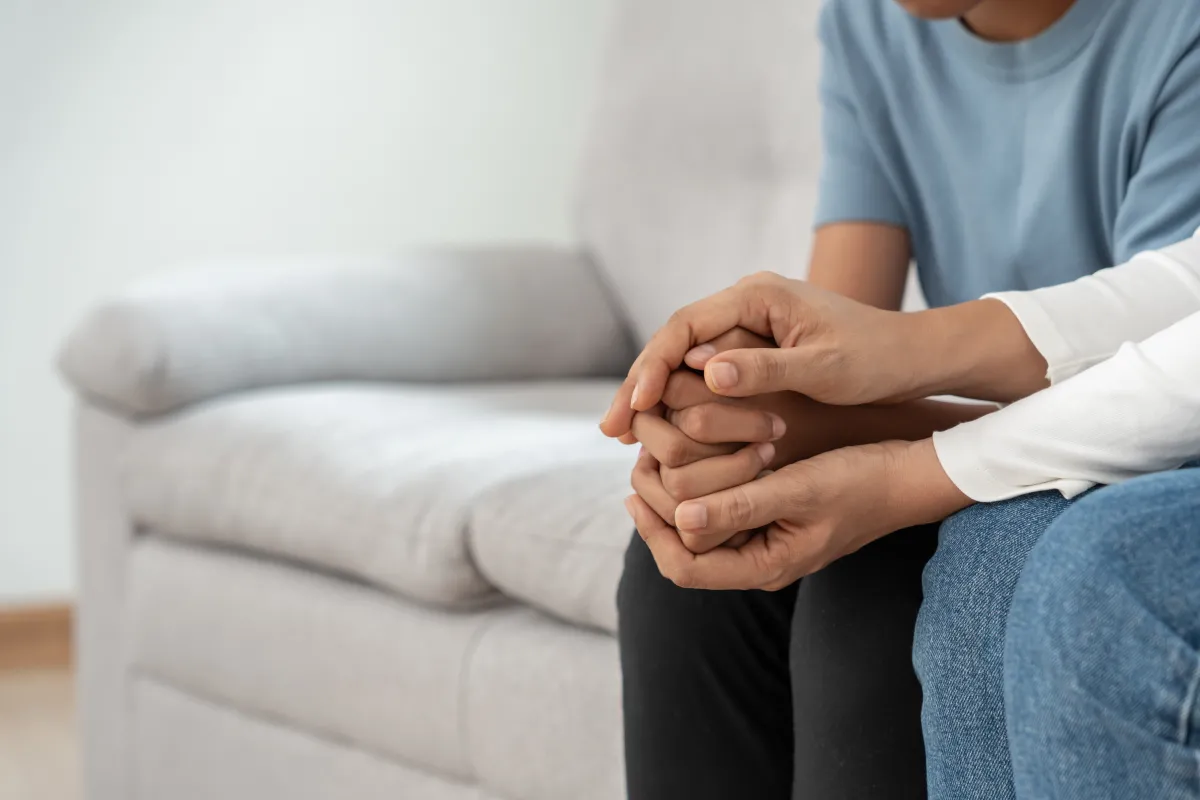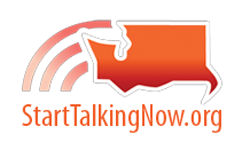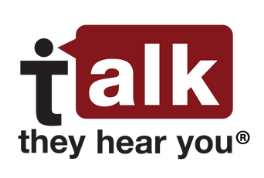
What You Can Do: Talking to Youth
Talk to your youth
Have regular conversations with your child. Resources to help you be more effective in these talks can be found at Start Talking Now and Talk. They Hear You.
 Websites directed at youth include You Can (for teens) and Not a Moment Wasted (for young adults).
Websites directed at youth include You Can (for teens) and Not a Moment Wasted (for young adults).
Recognizing the signs your child may have a problem with cannabis or other substances
Most youth in Washington state do not use cannabis. Although not everyone who uses cannabis will have long-term problems with it, other may develop problems due to daily or near daily use, long-term use, or use of products with a high concentration of THC. Changes in behavior can signal a problem with cannabis use, but keep in mind that these behaviors can also be symptoms of other problems.
 These are:
These are:
- Ignoring responsibilities at work, school, or home
- Giving up activities they used to find important or enjoyable
- Experiencing changes in mood (e.g., feeling irritable or paranoid)
- Changing friends
- Having difficulties with family members, friends, or peers
- Being secretive or dishonest
- Changing sleep habits, appetite, or other behaviors
- Borrowing money or having more money than usual
- If using cannabis, using more, or using more frequently
- Feeling unable to cut down or control cannabis use
The Washington Recovery Help Line is an anonymous, confidential help line for Washington state residents experiencing substance use disorder, problem gambling, and/or a mental health challenge. Their professionally trained staff provide emotional support and can also connect callers with local treatment resources or more community services. They can be reached online or by calling 866-789-1511. Available 24 hours a day, 7 days a week.
“Cannabis: What Parents/Guardians and Caregivers Need to Know,” School of Mental Health Ontario